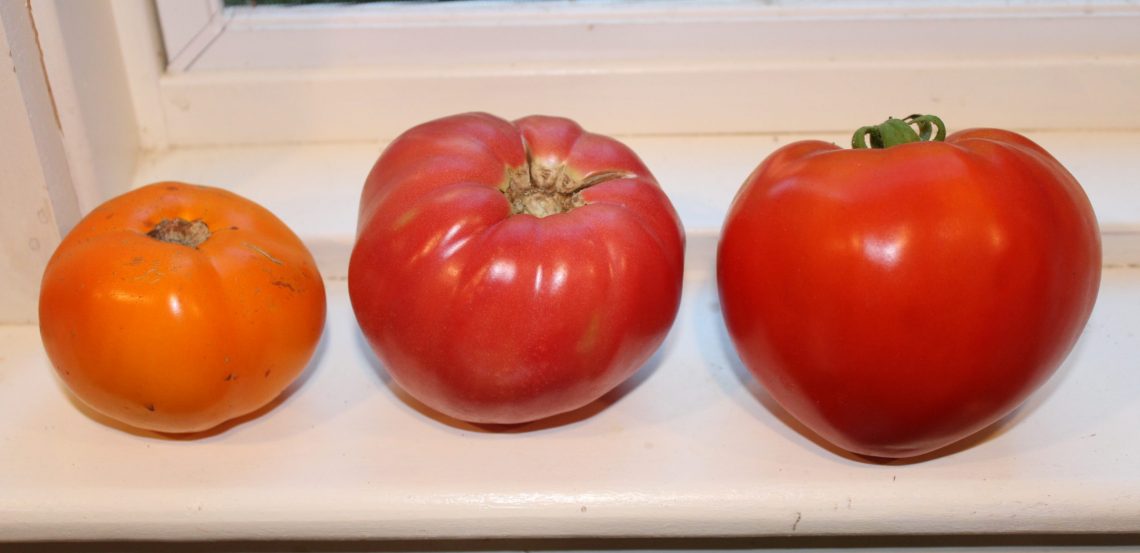
Summer Bounty: Put Up and Cut Up
How does your garden grow? Are you one of the many who has started a vegetable garden or expanded this year? Count me as an expander – with two new raised beds and adding bok choy, brussels sprouts, and eggplant to my usual crop of tomatoes, peppers, and cukes.
As we reach the end of the producing season, let me introduce you to my friend Greg Garnache, an authority on how a garden can feed and nourish you, both literally and figuratively. Greg is a prolific gardener and blogger whose “Cultivating the Good Life” blog chronicles his life in vegetables. This is a guy who has a 22-foot row of potatoes that produced 40 pounds of spuds, who laments a variety no longer available as though he just lost a beloved pet. Like us, he grows tomatoes and cucumbers, but also has a good lettuce and cabbage crop – not to mention celery, celeriac, jalapenos, butternut squash, and two varieties of green beans. This is a person who plants so many different kinds of onions that he refers to his crop by the family name: alliums.
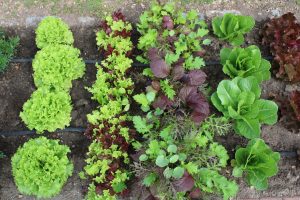 Growing vegetables for fun and preservation
Growing vegetables for fun and preservation
Greg’s the only person I know who can wax rhapsodic about cabbage for as long as he has a listener. In addition to his favorite Tendersweet from Johnny’s Seeds, he grew an heirloom variety called Early Jersey from a packet of seeds that I brought home for him from Thomas Jefferson’s Monticello; we’re both pleased to report that they did quite well. His wife Catherine makes a mean slaw that’s celebrated among our friends.
Greg’s take on gardening: “I grow a garden to eat good, unique stuff you can’t always find at the market. Like fennel,” he told me this week. He’s planting a second crop of fennel because he wants to try it with celeriac. 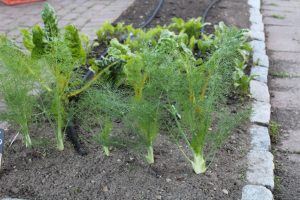 Greg admits he’s a sucker for a good seed-catalog description, and when it comes to tomatoes, he fell for a hybrid called Bodacious. When the plants matured this summer, he said it was “the reddest, roundest, most perfect tomato, one of the densest you’ve ever seen. It’s really good!” And while it’s not so prolific now, he’s hoping it will be a late producer in the fall. It’s competing with his Rose tomatoes, his favored heirloom variety.
Greg admits he’s a sucker for a good seed-catalog description, and when it comes to tomatoes, he fell for a hybrid called Bodacious. When the plants matured this summer, he said it was “the reddest, roundest, most perfect tomato, one of the densest you’ve ever seen. It’s really good!” And while it’s not so prolific now, he’s hoping it will be a late producer in the fall. It’s competing with his Rose tomatoes, his favored heirloom variety.
Freezing tomatoes for hot winter fare
If your tomatoes are abounding, and you’re thinking about freezing some for later use, here is Greg’s formula. He likes to freeze his low-bush plum tomatoes diced. To preserve the freshness of the vegetables, you need to blanch them. In small batches, place the whole tomatoes in a big pot of boiling water for a minute or two until the skins start to split. Then remove the tomatoes with a slotted spoon and immediately immerse them in ice water to stop the cooking. When cool, the skins slip off easily. Then cut the tomatoes in half lengthwise, remove the seeds and water, and dice the remaining pulp to be ladled into plastic containers and popped into the freezer.
Puree is simpler. After blanching the tomatoes, you just remove the skins and boil down the tomatoes to the thickness of sauce. Once cool, pour the puree into freezer containers.
Then think about what you’ll have to look forward to. “All winter, we have puree for sauce and diced tomatoes for chilis, stews, and soups,” Greg said.
For me, the bigger satisfaction is the purpose and pleasure that arises in raising your own food. It keeps you in touch with the climate and the soil, and continually reminds you – and those you cook for – what it takes to produce the food that sustains us.
How about you? Did you eat your vegetables as they grew, or are you planning to save the extra yield for the future? What are you going to put up?
Photos courtesy of Greg Garnache


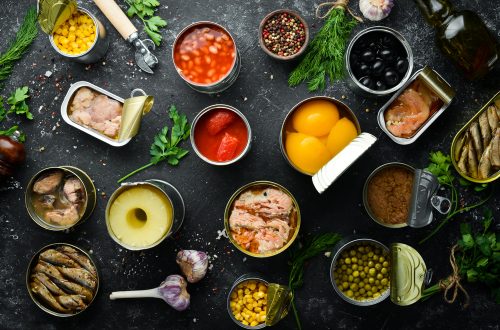
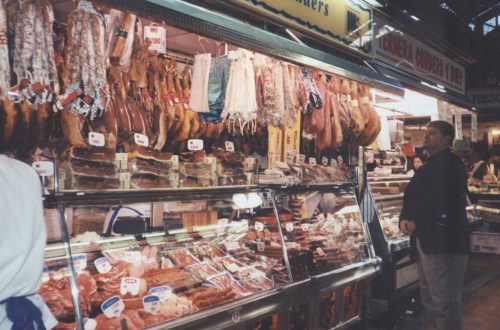
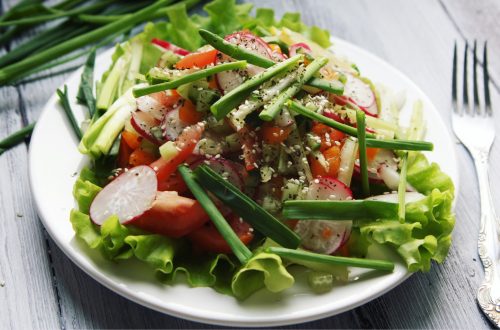
One Comment
kettleso
What a fun blog! Thanks to Greg for sharing such a good story.